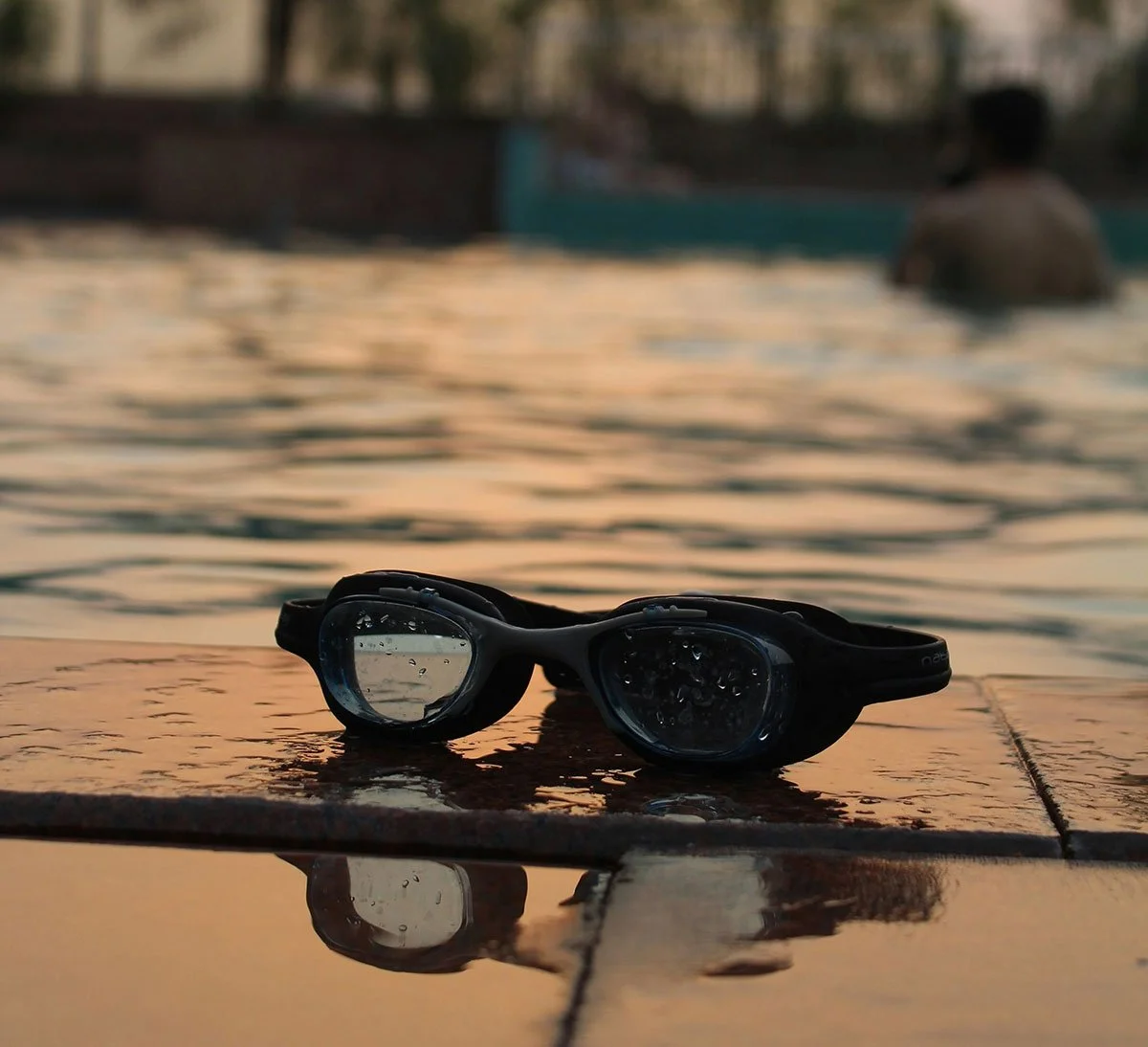Travel Tips
Travel is all about new experiences, but amidst the excitement, your eyes are often the unsung heroes, navigating different climates, altitudes, and light conditions. Whether you’re exploring sun- soaked beaches, hiking through dusty trails, or enduring long-haul flights, protecting your eyes is crucial to fully enjoy your adventures. Pack these tips with you when you travel, so your eye care is covered no matter where your journey takes you.
Pack Eye Protection
Bring sunglasses with UV protection to shield your eyes from harmful sun rays, especially in sunny destinations or during outdoor activities.
Use Lubricating Eye Drops
Airplane cabins and dry environments can cause eye dryness and irritation. Carry lubricating eye drops and use them as needed.
Take Breaks During Long Trips
If travelling long distances by car, train, or plane, take breaks to rest your eyes. Look away from screens and focus on distant objects to reduce eye strain.
Stay Hydrated
Drink plenty of water to maintain overall hydration, which supports eye moisture and reduces dryness.
Wear Protective Eyewear
When engaging in activities like swimming, skiing, or biking, wear goggles or other protective eyewear to prevent eye injuries.
Keep Your Hands Clean
Regularly wash your hands to avoid transferring bacteria to your eyes, which can cause infections.
Pack an Eye Mask
For overnight flights or when travelling to different time zones, bring an eye mask to help you rest and protect your eyes from light disturbances
Limit Screen Time
Reduce prolonged exposure to screens (phones, tablets, laptops) during travel. Use blue light filters if possible to minimise eye strain.
Eat Eye-Friendly Foods
Consume foods rich in vitamins and antioxidants, such as leafy greens, fish, and citrus fruits, which promote eye health.
Visit an Optometrist Before Travel
If you have specific eye concerns or wear glasses/contact lenses, visit your Optometrist before travelling to ensure your prescriptions are up to date and you have any necessary supplies.






